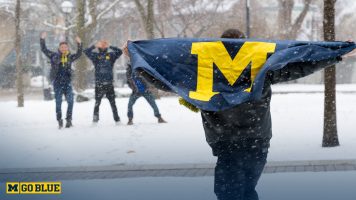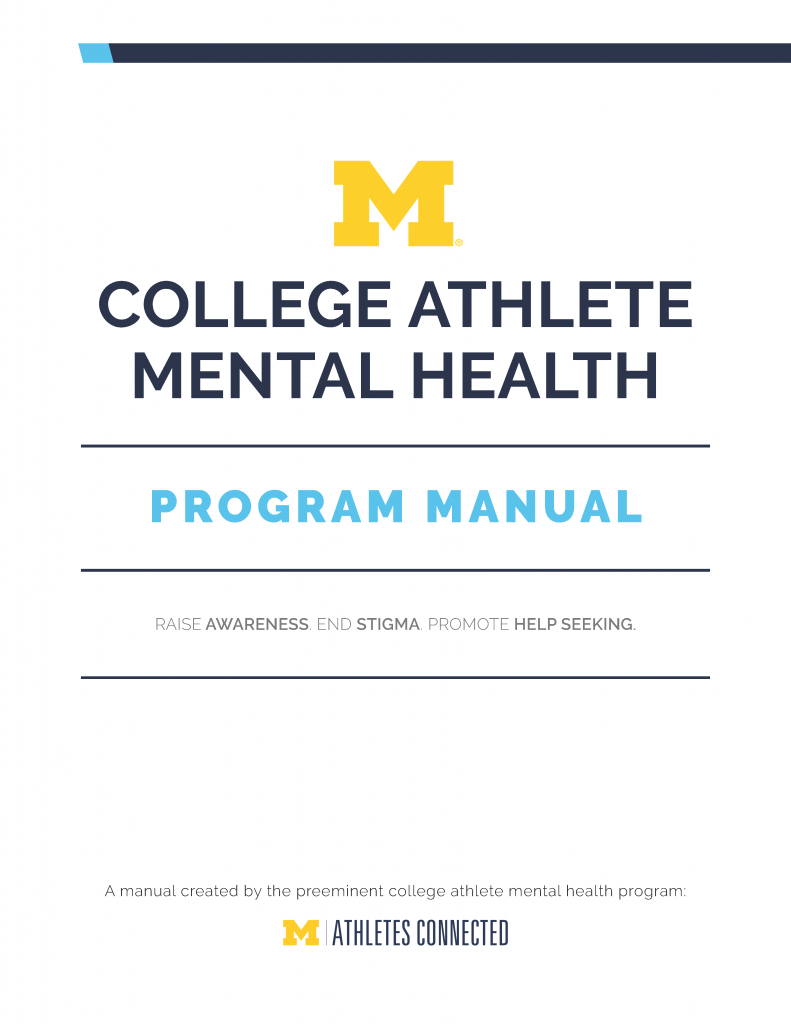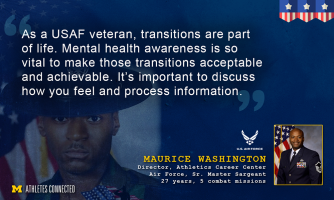
In the last year, so much about our lives has been turned upside down. We have had to change our daily routines, as well as the ways we attend school and work.
We’ve adjusted to evolving health protocols, traded in holidays for visits with loved ones through computer screens, and even had to scramble to secure toilet paper.
The adversities we’ve endured during these “COVID times” can impact our mental health, and have left many of us longing for our old routines, for consistency, and for anything familiar. The uncertainties have also raised lots of questions:
It is hard to know many of the answers for certain. Nevertheless, what we do know is that these uncertain times can lead to increased levels of stress and anxiety. And, that high levels of stress and anxiety can make it difficult for our brains to function properly, even on a day-to-day basis.
Thank you, therapists, for understanding human beings the ways you do, and using it for good. Your work is so critical; it has a tremendous impact on individual well-being, as well as on society as a whole.
Luckily, we also know that working with a licensed therapist can help tremendously. Therapists can help us navigate and understand our stressors, in addition to helping manage challenging mental health issues, like anxiety and depression.
I’d like this brief article to serve as a giant “Thank You!” to all therapists for their work (as well as a simple PSA to remember to pay attention, as individuals, to our mental health).
In the same ways we thank surgeons who help our bodies regain functioning, or pediatricians who treat our kids when they’re sick, it’s important to thank therapists. Thank them for helping get our brains back on track and functioning properly, helping us repair relationships, and the multitude of other ways they provide support, ultimately helping us improve our mental health.
Thank you, therapists, for understanding human beings the ways you do, and using it for good. Your work is so critical; it has a tremendous impact on individual well-being, as well as on society as a whole.
 About the Author
About the Author
Will Heininger is mental health educator and public speaker for the University of Michigan Depression Center, openly sharing his story of overcoming major depression and anxiety during undergrad, while playing football at Michigan. After hiding his illness at first due to stigma and ignorance, he received life-changing treatment and care from the Athletic Medicine staff, and was able to thrive for the majority of his time at Michigan. He would go on to help found Athletes Connected in 2014.
Since first sharing his story at the Depression on College Campuses Conference, Will has spoken with over 100,000 people across the country, helping to bridge the gap between what science and medicine have learned about mental health and well-being, and what society actually knows and uses. In addition to athletes of all levels, Will works with schools, athletic departments, communities, and corporations to improve mental health outcomes. Heininger is a native of Ann Arbor, Michigan.



 What can you do? Here are some treatment options.
What can you do? Here are some treatment options. About the Author
About the Author



 Q: Obviously 2020 has been thrown for a loop. What are you doing to stay mentally well?
Q: Obviously 2020 has been thrown for a loop. What are you doing to stay mentally well?



